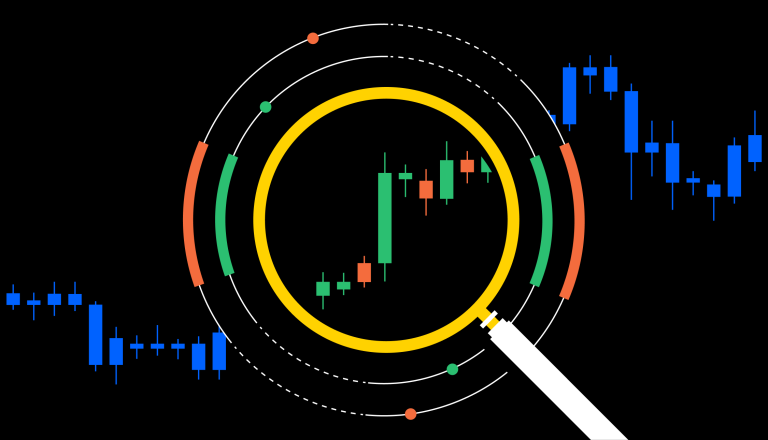What are Telegram trading bots and how to use them?

Automated trading bots are systems that facilitate users to execute trades on various platforms.
These bots provide a range of automated trading functions such as copy trading, liquidity sniping, and airdrop farming.
Despite their convenience, automated trading bots come with risks that users should be aware of, including smart contract risks and custodial risks.
Understanding Automated Trading Bots
Automated trading bots are systems that operate within a messaging interface, enabling users to execute trades on various platforms. These bots provide a variety of functions, with most sharing common trading features including stop-loss and take-profit orders, copy trading, and multi-wallet support. The cumulative lifetime volume of trades facilitated on these bots has been substantial, indicating their growing popularity among users.
How Do Automated Trading Bots Work?
Automated trading bots assist traders in automating their transactions by connecting to various platforms and carrying out trades according to a set of pre-established rules set by the user. These bots replace the user interface (UI) and user experience (UX) of Web3 wallets and various platforms, streamlining the otherwise complex decentralized crypto transaction process. The setup process often involves a few simple steps: visiting the official website, opening the trading bot in a chat, and inputting commands given in the instruction panel.
Features of Automated Trading Bots
Automated trading bots provide a variety of features. They enable users to transact tokens, set take-profit and stop-loss orders, and detect potential scams such as rug-pulls and honeypots. Some bots also provide copy trading, where users can replicate the trades of specific wallet addresses, and sniping, where a newly introduced token is acquired as soon as it’s launched for the public. Additionally, some bots focus on airdrop farming, identifying potential airdrop opportunities across multiple chains.
Risks Associated with Automated Trading Bots
While automated trading bots provide convenience and automation, they also come with risks. These include smart contract risks, where the bot's code could be exploited by malicious actors, and custodial risks, where the bot could potentially lose access to the user's funds. Users should exercise caution when using these bots, ensuring they understand the risks involved and taking steps to mitigate them.
Choosing the Right Automated Trading Bot
When choosing an automated trading bot, it's important to consider factors such as the bot's features, its compatibility with various platforms, and its security measures. It's also crucial to remember that past performance of other traders doesn’t guarantee future outcomes. Users should be cautious when selecting traders to follow and setting up their trading bots. Another risk associated with copy trading is liquidity risk, which arises when there is insufficient market liquidity to execute trades, potentially leading to slippage, difficulty to close positions, and increased transaction costs.


